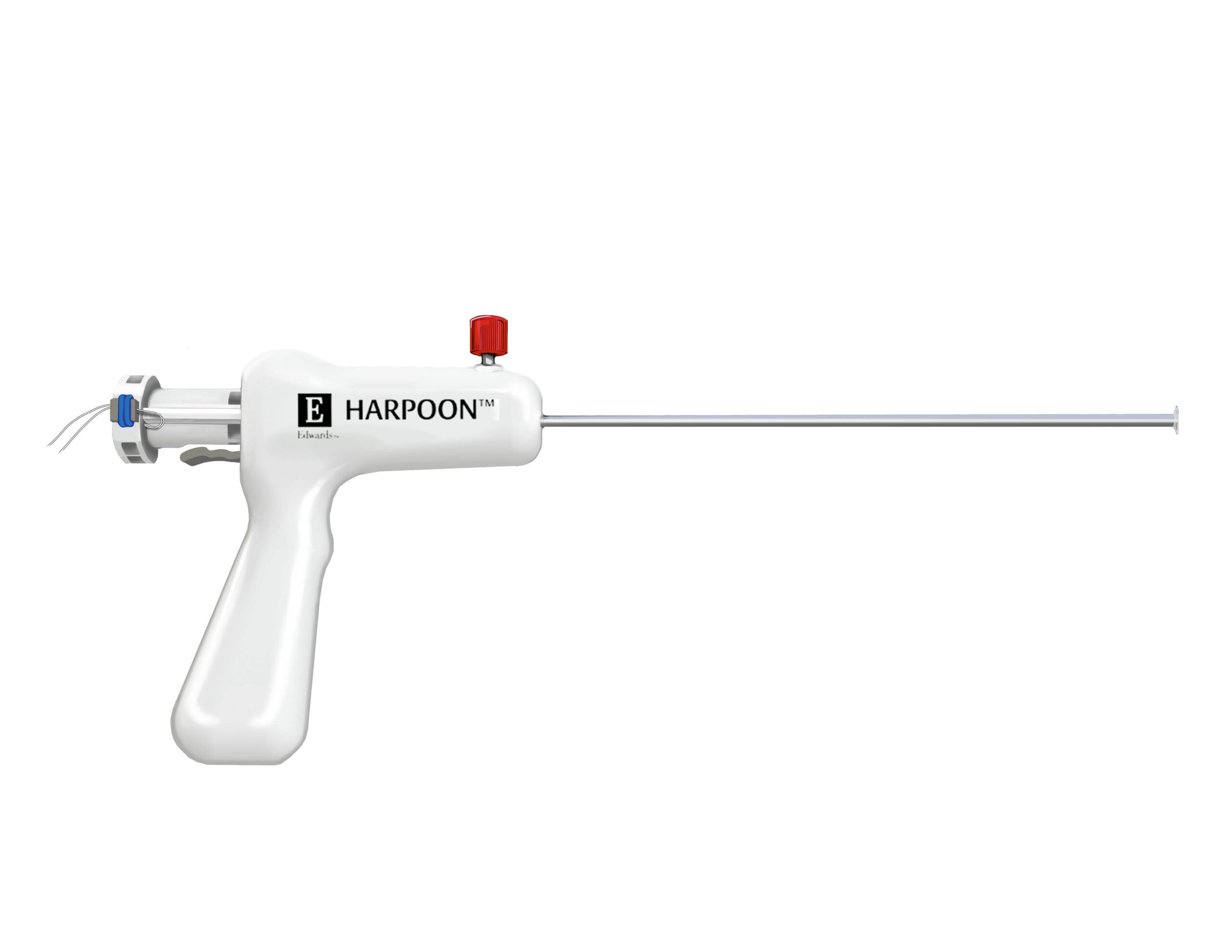
Edwards Lifesciences has treated first patient in the US clinical study of the minimally invasive device for mitral valve disease.
The RESTORE clinical trial has been designed to assess the safety and efficacy of the investigational Harpoon beating heart mitral valve repair system in the US and Canada.
Edwards’ system uses a less-invasive technique than open-heart surgery for the treatment of severe degenerative mitral valve regurgitation, a type of heart disease results due to damage of the mitral valve.
The degenerative mitral valve regurgitation, which disturbs the normal functioning of the valve, may result in cardiovascular issues such as chest pain, shortness of breath and fatigue.
Developed by researchers at the University of Maryland Heart and Vascular Center, the Harpoon system uses a small incision for the repairing of mitral valve.
The first patient has been treated at the University of Maryland Medical Centre in Baltimore.
The investigational device exempt study will recruit and follow up to 360 patients who require mitral valve repair surgery due to severe degenerative mitral valve regurgitation.
Edwards stated that the procedure is carried out while the heart is still beating, thereby enabling to avoid the use of a heart bypass machine to deliver the function of the heart and lungs while the heart is stopped for surgery.
Edwards surgical structural heart Daveen Chopra said: “The HARPOON Beating Heart Mitral Valve Repair System is a testament to Edwards’ commitment to the research and development of innovative, patient-focused technologies that have the potential to transform cardiac surgery.
“The RESTORE clinical trial will add to the growing body of evidence for the HARPOON system, which is also being evaluated as part of the ASCEND post-market study in Europe.”
In February 2019, Edwards agreed to acquire medical technology firm CAS Medical Systems (CASMED) in a deal valued at around $100m.






